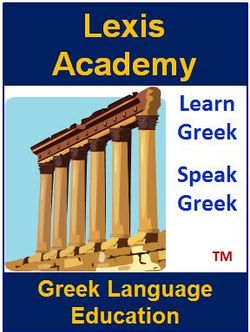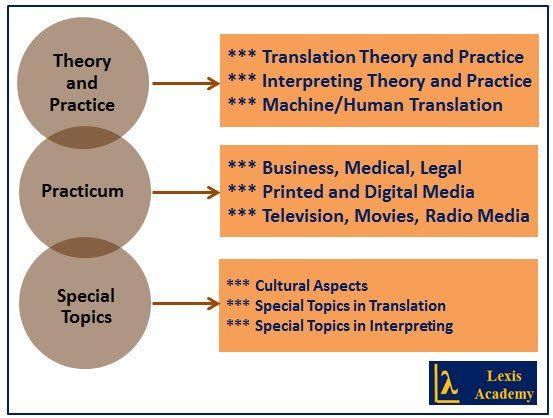
Greek < > English Translation Studies
PROGRAM OVERVIEW
For more than three decades, we have been teaching, practicing, and perfecting the art and science of Greek-English and English-Greek translation, interpreting, and bilingual document proofreading and editing.
Our clients include:
*** Technology firms
*** Insurance companies
*** Legal firms
*** Educational institutions
*** Textbook publishers
*** Magazine publishers
*** News organizations
*** Health care providers
*** Non-profit entities
*** Government agencies
*** Individuals
Greek < > English Translation Studies is based not only on our experience but also on established translation methods, professional interpreting frameworks, and quality assurance practices. It is a program designed to meet the translation, interpreting, and intercultural communicative needs of English-speaking Greek Language Learners who have achieved intermediate or advanced proficiency. The program is also addressed to translators, educators, researchers, and other professionals who have achieved a fully functional level of fluency in Greek.
Topics of Instruction Include:
• Oral and written proficiency in authentic Greek.
• Applied Linguistics in the context of English and Greek.
• Theory and practice of bilingual translation.
• Theory and practice of synchronous interpreting.
• Translation for specific purposes, e.g. business, law, history, literature.
• Cultural and sociolinguistic dimensions of translation.
• Translation tools, technologies, and quality standards.
Based on personal needs and the outcomes of initial assessment, program candidates have the opportunity to enroll in the following beginner, intermediate, and advanced courses that are designed to enhance and cultivate translation skills in a wide variety of textual content.
GRKENGLTR 601: Introduction to Translation Theory and Practice
GRKENGLTR 602: Introduction to Interpreting Theory and Practice
GRKENGLTR 603: Introduction to Computer-Assisted Translation
GRKENGLTR 701: Translation Practicum 1: Business and Marketing
GRKENGLTR 702: Translation Practicum 2: Fiction and Non-Fiction Publishing
GRKENGLTR 703: Translation Practicum 3: Television, Movies and Radio Media
GRKENGLTR 704: Translation Practicum 4: Internet and Social Media
GRKENGLTR 705: Translation Practicum 5: Medical, Legal and Technical
GRKENGLTR 801: Cultural Aspects of Translation and Interpreting
GRKENGLTR 802: Special Topics in Translation
GRKENGLTR 803: Special Topics in Interpreting
The Framework and Discipline of Translation Studies
“Translation Studies” refers to the art and science of translation as an academic discipline and professional endeavor, including literary and non-literary translation, various forms of oral interpreting, as well as dubbing and subtitling. The term “Translation studies” can also be used in reference to the framework of research and pedagogical activities, from developing theoretical frameworks to conducting individual case studies, to engaging in practical matters such as training translators and developing criteria for translation assessment.
In a seminal model developed by James S. Holmes, the field of translation is divided into pure and applied translation studies, in an effort to separate general or partial theoretical and descriptive constructs from empirical practice. The descriptive constructs may be examined according to their focus, such as product, process, and function.
Partial theoretical aspects focus on specific restrictions, such as medium, area, rank, text type, time, and topic.
Applied translation studies seek to illuminate the empirical practice and actual labor of interlingual or intralingual translation with best methods, effective tools, and helpful workflows that include job aids, quality assessment, training and development.
Business Hours
- Mon - Sat
- -
- Sunday
- Closed


